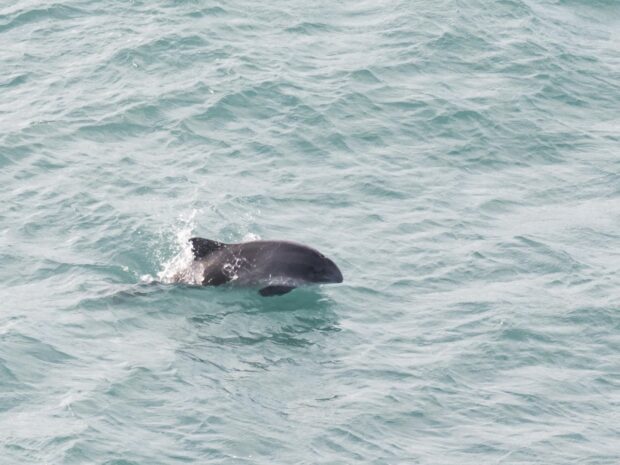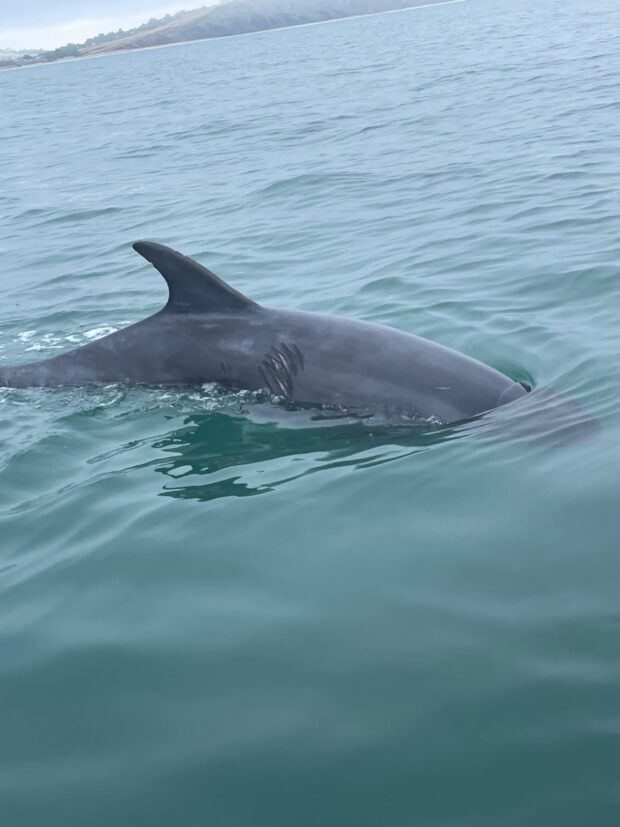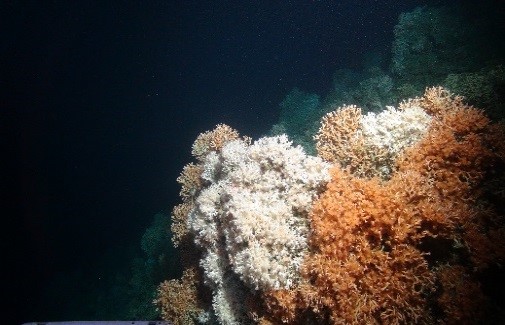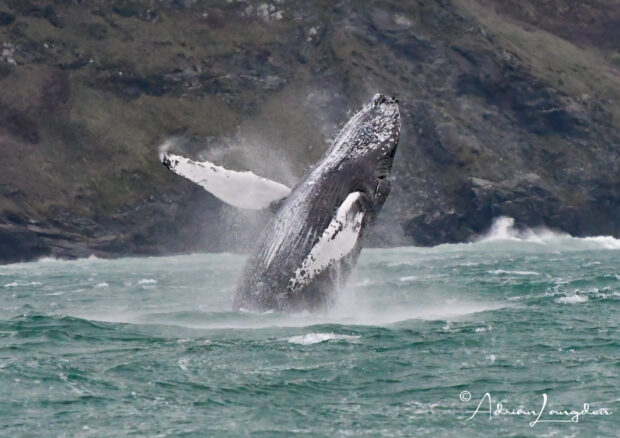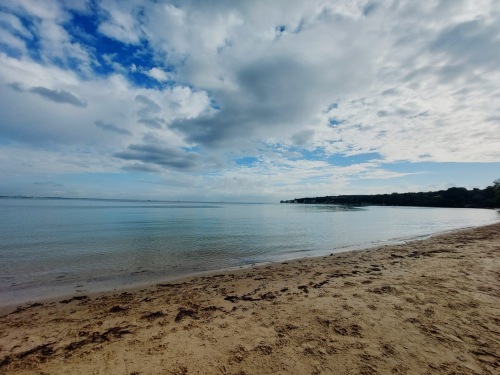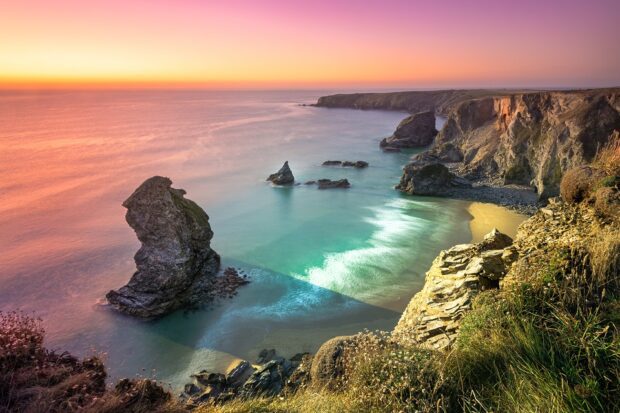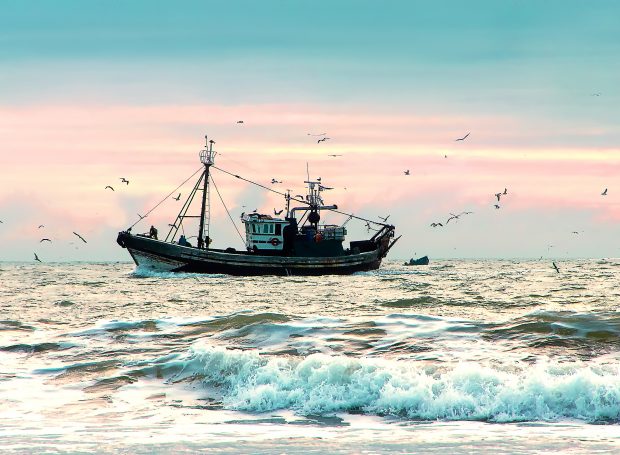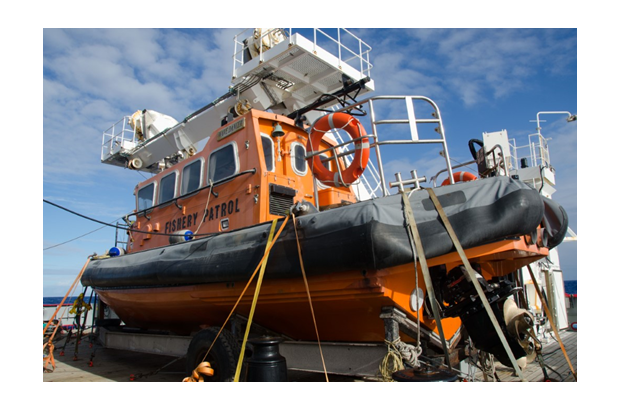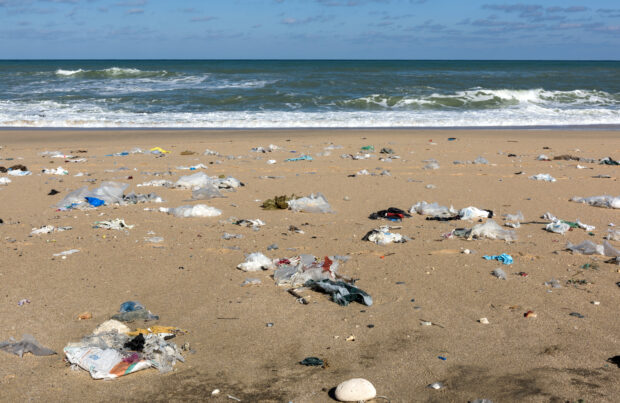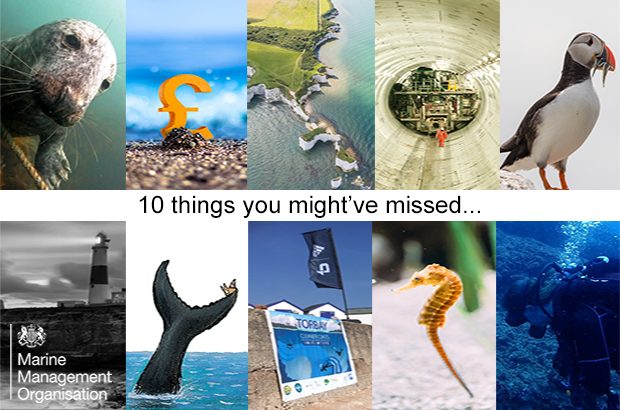For those who work at sea, Harbour porpoises are a familiar sight around our coast. They have a wide diet, feeding mostly on fish, including sandeels, herring and whiting, as well as on squid and crustaceans. As predators they help …
Every now and then solitary dolphins appear in coastal waters. The reasons why this happens can vary and are not always clear. What we do know is that they can captivate communities, display playful behaviour and become more interested in …
We’re diving into some of the less well known but ecologically vital marine habitats found in England’s offshore Marine Protected Areas (MPAs). This includes subtidal sand, mud, sediment, and deep-sea bed. While these habitats may not have the visual appeal …
This month, Cornwall’s coastline has become a hotspot for whale sightings. This includes humpback whales - large, beautiful and powerful wild animals that can range in length from 14–17 m (46–56 ft) and weigh up to 40 metric tons! These …
It was great to see coverage of the conservation efforts at Studland Bay on BBC’s Springwatch programme (episode 7) recently. The show, which aired on 7 June, highlighted the need to protect the area’s precious seagrass – home to protected …
Climate change is bad news for everyone, from the prospect of fewer and smaller fish in the sea to the communities that will be affected by coastal erosion and flooding. I don’t think there has ever been such awareness of …
...discarded. Will bass be subject to Landing Obligation rules? Bass is not subject the Landing Obligation rules as it is not a quota species and is managed under a general...
The Wave Dancer, a fisheries patrol boat from Tristan da Cunha, has been transported to the UK for refurbishment as part of the UK Government’s Blue Belt Programme.
The National Bathing Waters Campaign is calling on us all to combat the level of litter in coastal areas and bathing waters.
...to promote guidance on marine wildlife watching. Some of our marine officers spotted a pod of dolphins while patrolling the Lyme Bay area with Devon and Severn IFCA. Seals and...
